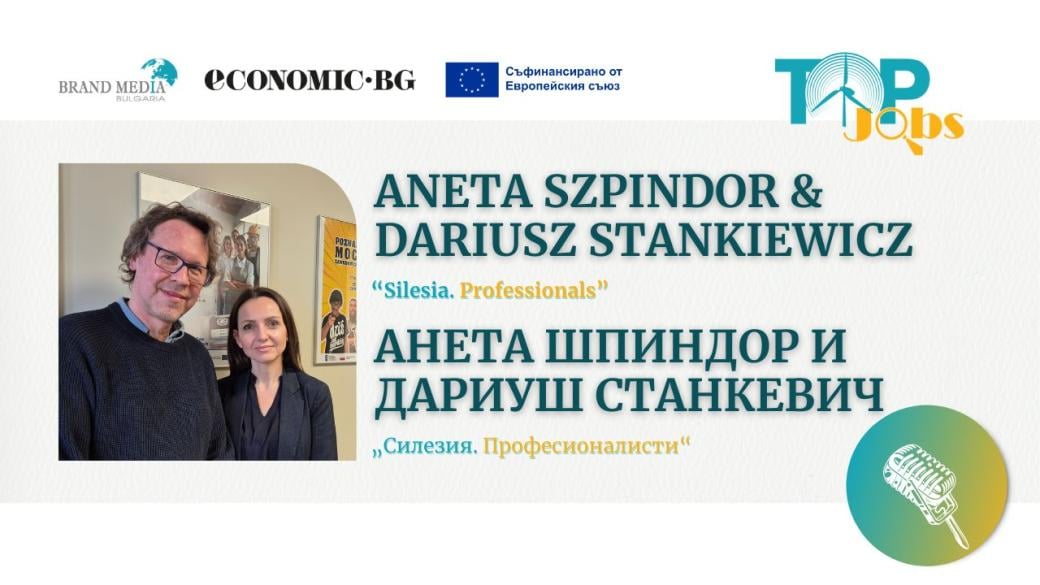Podcast | Silesia is the good Polish example of successful development after coal
The most coal-dependent of all Polish coal regions understands that investing doesn’t only concern business development infrastructure but also high-quality vocational education

1 Video
© ECONOMIC.BG / Economic.bg
Silesia has always been a little special among the Polish regions. For seven centuries, it was a domain of the German Empire, before becoming a part of the resurrected Polish state. Nevertheless, it had always been home to a mix of ethnic groups and religious denominations forming a proud regional identity that persists until today. This goes for things like food and dialect (some activists even claim that there’s a Silesian language that deserves its own official recognition), but also, since the 19th century, this identity invariably includes coal.
During the Cold War era, Poland was one of the top global producers of this “black gold”. Silesia has long been known for its vast deposits of high-quality hard coal – in contrast to most other Eastern European coal regions where the less-caloric lignite has been the main fossil fuel. Hard coal also gave Silesians hard bargaining power vis-à-vis the national authorities in Warsaw, who always tried to keep the workforce in that region happy and provisioned for even when there were shortages in other parts of the country.
Nowadays, the increasing cost burden of coal on the energy production mix has started to be felt even in this fossil fuel fortress. However, Silesians, long accustomed to high GDP and preferential treatments, want to make sure that transition (as delayed as it is) will not only be just but also prosperous.
In recent years, new modern and architecturally sleek business development centers, incubators and accelerators have popped up in the cities of Katowice and Gliwice, in addition to a free economic zone – all with the aim of providing a platform to facilitate entrepreneurial acumen. However, the human side of this has not been overlooked either.
We went to Katowice, the capital of Upper Silesia, to record our second Polish TOP JOBS podcast episode. We spoke with Dariusz Stankiewicz and Aneta Szpindor about the “Silesia. Professionals” project, funded by ESF+, which provides 90% of the almost 20 million euros available to the province to boost the level of vocational education.
Co-Funded by the European Union. Views and opinions expressed are however those of the author(s) only and do not necessarily reflect those of the European Union. The European Union cannot be held responsible for them.


 Tzvetozar Vincent Iolov
Tzvetozar Vincent Iolov